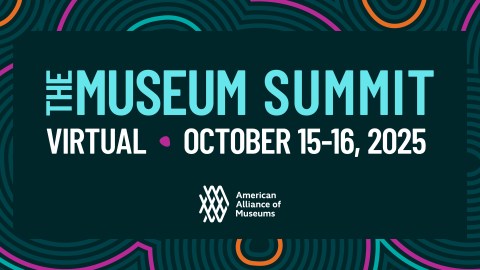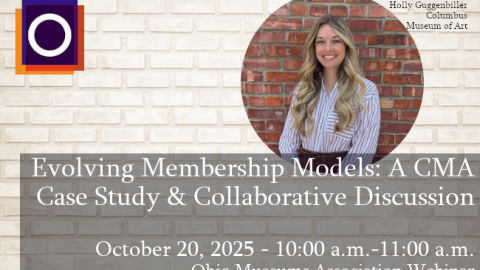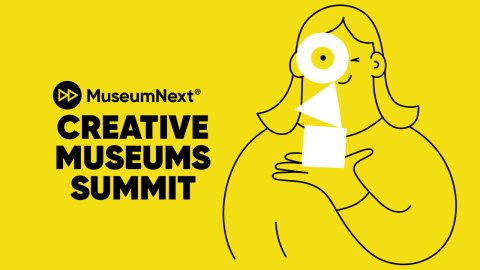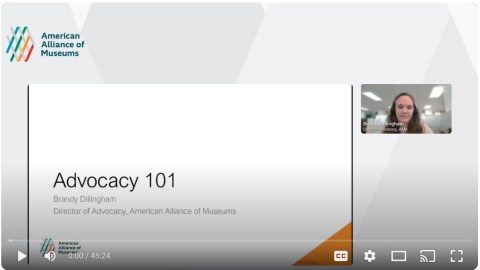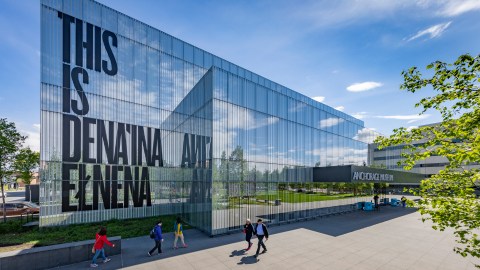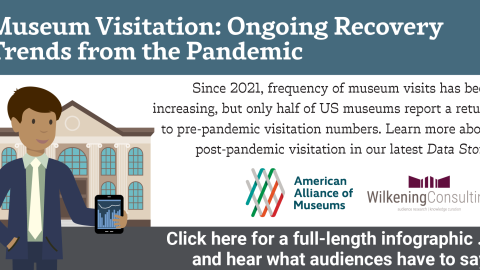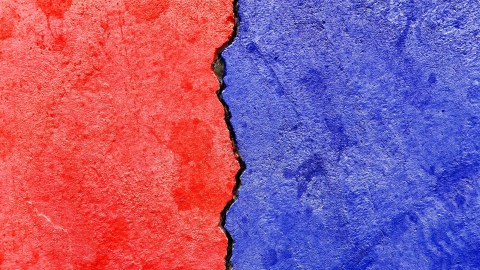Entrepreneur, ˌäⁿn-trə-p(r)ə-ˈnər, (n) “a person who starts a business and is willing to risk loss in order to make money.” While “entrepreneurial” as applied to museums has usually focused on the “willing to take risk” part, in recent years, with traditional nonprofit business models tanking, attention has shifted to encompass the “making money” part as well. The 21st century is witnessing the rise of the “social entrepreneur” —individuals focused on achieving social good, whether through the agency of non-profit, for-profit, or hybrid businesses. Can museums find new ways of making money that also do good? In this week’s guest post Tricia Edwards and Michelle DelCarlo of the The Smithsonian’s Lemelson Center for the Study of Invention and Innovation describe a project that may fit the bill.
Museum professionals are starting to think about new, entrepreneurial ways of approaching their work, driven by pressure to generate revenue, to compete with for-profit social entrepreneurship, and to create sustainable models of operation. Also, pursuing an entrepreneurial endeavor inside a museum is a compelling idea.
Our entrepreneurial endeavor is the Spark!Lab National Network. Here is the context in which it developed: The Lemelson Center for the Study of Invention and Innovation was founded in 1995 at the Smithsonian’s National Museum of American History, under the premise that invention has played – and continues to play – a central role in American history. Our mission is to study and interpret invention and innovation in American History and to foster inventive creativity in youth.
To help us fulfill the second part of our mission (foster inventive creativity), we opened Spark!Lab at the Smithsonian in 2008. Spark!Lab is an innovation lab where kids and families can engage in the invention process, come up with solutions to problems through fun challenges, prototype their ideas, and have creative learning experiences. Spark!Lab is an interdisciplinary space, so we use history, art, science, math, and other subjects to create our activities. Like maker spaces, we provide support for visitors to use their own ideas as inspiration for their creations, but we also encourage them to direct their thinking towards solving problems, like real inventors do.
Shortly after we opened Spark!Lab at NMAH, we began to receive serious inquiries from other organizations wanting to know how they could get their own Spark!Lab. The first few phone calls were flattering and more than a little exciting. But when the calls continued and our floor staff began to relay similar messages from Spark!Lab visitors, we realized we were onto something. It seemed Spark!Lab might be able to fill the needs of communities beyond the Smithsonian, so we began to develop plans to take Spark!Lab outside of Washington, DC, and to create the Spark!Lab National Network.
The business model we developed for the Network involves charging a licensing fee to collaborators. In exchange, they receive licensed use of the Smithsonian, Spark!Lab, and Lemelson Center names and logos; a set of Spark!Lab activities to start-up; all physical materials needed to operate these activities for the first two years; in-person assistance to open; and consultation services for the life of the agreement. In essence, we are franchising Spark!Lab. But unlike a traditional franchise, our goal is to work extensively with Network collaborators to create activities, programming, and initiatives that are unique to their institutions and communities. The hope is that this will make each Spark!Lab a dynamic place that visitors—no matter the museum—want to return to again and again. We strive to turn this aspiration into reality with our first external collaboration at the Terry Lee Wells Discovery Museum in Reno, Nevada.
In for-profit entrepreneurship, profit is of course the bottom line, and if social good is also desired, it is a secondary goal. For us, the main goal of the Network is to create a meaningful impact focused on fostering inventive creativity in youth. However, we also want to sustain our operations, thus the desire to create a revenue stream through licensing. We continually grapple with the most balanced way to fulfill our mission, to serve our collaborator’s needs, and to be savvy entrepreneurs. We continue to ask ourselves tough questions about sustainability and search out ways to educate ourselves about entrepreneurial practices. We’re excited about the future of the Spark!Lab National Network, and about the future of entrepreneurship in the museum field.
Tricia Edwards is Education Specialist and Michelle DelCarlo is Spark!Lab National Network Coordinator at The Smithsonian’s Lemelson Center for the Study of Invention and Innovation. You can follow their work at @SI_Invention.

